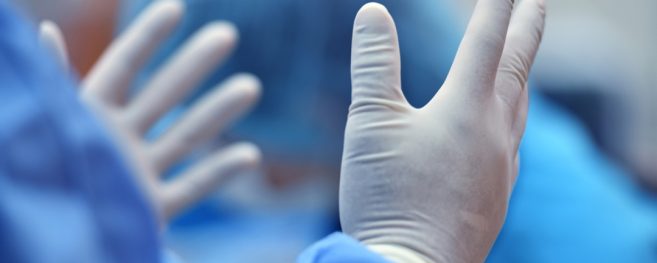The Effects of Smoking Before and After Surgery
Smoking is an unhealthy habit that 1.1 billion people partake in and the amount of people smoking tobacco products is estimated to increase to 1.6 billion in next two decades. Tobacco smoke contains over 4000 chemicals and some of those chemicals have been known to cause cancer. The chemicals that are found in tobacco consist of acetone, arsenic, ammonia, butane, carbon monoxide, lead, methanol, nicotine, tar, and the list goes on. These chemicals that are in tobacco can also be found in nail polish removers, common household cleaners, rat poison, lighter fluid, batteries, rocket fuel, insecticides, and more. These chemicals when inhaled or consumed have harmful effects and can lead to cancer or death. The amount of smoking related deaths in the 20th century had been estimated to be 100 million and as of the 21st century it has reached up to 1 billion. Certain cancers, illnesses, medical conditions, and surgical complications can be prevented by avoiding tobacco products. Not only for your overall health should one quit smoking but in order to prevent complications before and after surgery it’s necessary to stop.
Smoking should be stopped at least 6 weeks prior to any surgery that anesthesia will be used. When you smoke before surgery it puts you at a higher risk of developing postoperative complications such as heart attacks, stroke, blood clots, infections, pneumonia, or even death. It is so important that patients discontinue smoking prior to surgery to help decrease these risk factors. It is also very important that you tell your Doctor or Anesthesiologist if you have been smoking 6 weeks prior to surgery so they can take the necessary precautions to reduce your risk of developing any complications.
Smoking after surgery also has its serious risks especially for wound healing, just one puff of a cigarette can restrict much needed oxygen and blood traveling to the place of injury causing delays in healing. Oxygen is the basis for any wound healing and when you smoke you deprive your body of the much-needed oxygen required to repair and build cells. Oxygen kicks off energy production and to put it simply, helps to prevent infection in open wounds and is the foundation for rebuilding of the skin tissues.
Post-operatively smoking can also be known to contribute to other medical complications such as erosion in lapbands, ulcers, fistulas, or strictures. A Study by the ASMBS (American Society of Metabolic Bariatric Surgery) in 2010 showed that obese smokers that undergo weight loss surgery are 4x greater to develop stricture and 3x greater for developing marginal ulcers than nonsmokers undergoing weight loss surgery. In bariatric patients overtime smoking can become harmful and/or irritating to your stomach and intestines so we will advise patients to remain smoke free post-operatively.
Before undergoing bariatric surgery or any surgery it is so important that patients STOP SMOKING and take this positive step not just to reduce the risks of anesthesia or post-operative complications but to better improve your overall health as well as reduce your risks for developing complications that can be prevented if one stops smoking. After you quit smoking within 24 hours the nicotine and carbon monoxide from cigarettes will be mostly gone from your body, at 1 week the cilia in your lungs will have begun to recover and will start cleaning mucus out of your lungs, at 2 weeks your throat and the large airways in your lungs will be less reactive, causing less problems with breathing during surgery, at 3 weeks your body’s ability to heal wounds will have begun to improve, at 4 weeks small airways in your lungs will be working better, but will still improve over the next few months, and at 6 weeks your lungs will produce a normal amount of mucus, your blood will be less thick and sticky and blood flow will improve. Your risk of wound complications will be much less, your immune system and response to anesthetic drugs will also improve. This is why we specifically ask patients to discontinue smoking 6 weeks prior to surgery and we hope that they adhere to our instructions to help reduce certain risk factors associated with surgery and smoking.











